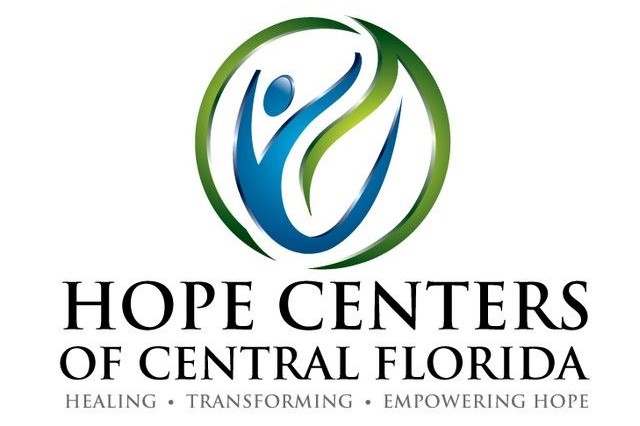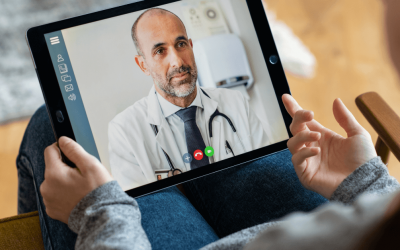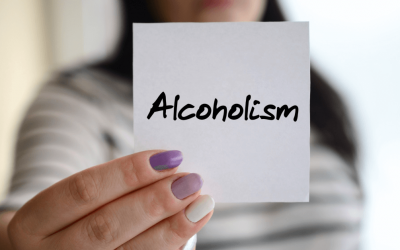Medications are designed to improve and save lives when used appropriately. However, when misused and abused, the consequences can be catastrophically horrible. A major cause of today’s epidemic of opioid addiction and overdose fatalities has been the overprescription and misuse of prescription painkillers. In fact, 80% of heroin users report misusing prescription opioids prior to using heroin. Read on to learn more about what questions you should ask when a healthcare provider recommends or prescribes a pain reliever for your child, and how to make sure that your child is taking the opioid medication as prescribed without misusing the medication or sharing it with others. If you are seeking opioid treatment in the Orlando area, call Hope Centers of Central Florida today!
What To Know About Prescription Opioids
Some common opioid pain relievers you may be familiar with include:
- Hydrocodone (Zohydro)
- Hydrocodone + Acetaminophen (Vicodin)
- Oxycodone (Oxycontin, Roxicodone)
- Oxycodone + Acetaminophen (Percocet)
- Codeine, Morphine, Fentanyl
- Tylenol with codeine
- There also are some non-opioid pain relievers such as gabapentin that hold a potential for misuse and abuse, but at much lower rates than that of opioids.
The misuse of prescription pain relievers is so dangerous because opioid pain relievers are such powerful drugs; they are very similar to heroin in their chemical makeup, and are by their very nature habit-forming. This is why the U.S. Centers for Disease Control (CDC) now strongly cautions against prescription opioids for long-term management of chronic pain. Opioid pain relievers do have a role when used properly, but even for treatment of acute (short term) pain, opioid pain relievers need to be prescribed and taken sparingly. The risk of addiction can be especially of concern when the patient is a teen or young adult since their brains are still developing and therefore biologically predisposed to experimentation. If your teen or young adult is prescribed opioid pain relievers, then it’s important that only you or your child’s caregiver is controlling the medication, to only dispense it as prescribed, and to monitor your child closely for signs of misuse or growing dependence.
Why Your Child May Be Prescribed Opioid Medications
Generally opioid pain relievers are prescribed after surgery or as opioid treatment to deal with cancer pain, so a lot of young people will probably not be prescribed them. However, opioids may be prescribed for young people if there is an accidental injury, like breaking your leg while playing soccer, or a biking accident in which a fracture or even a severe sprain happens. Oral surgery to remove wisdom teeth is another reason for which opioids are typically prescribed to young people. There are also other ailments (sickle cell disease or other pediatric chronic pain conditions) for which they may be recommended by your doctor.
Contact Us Today
Opioid abuse is a serious epidemic that has affected millions of Americans. This is why it’s so important to be vigilant when dealing with opioid medications, especially with children and young adults. To find out more about opioid treatment in Orlando, call Hope Centers of Central Florida today.




